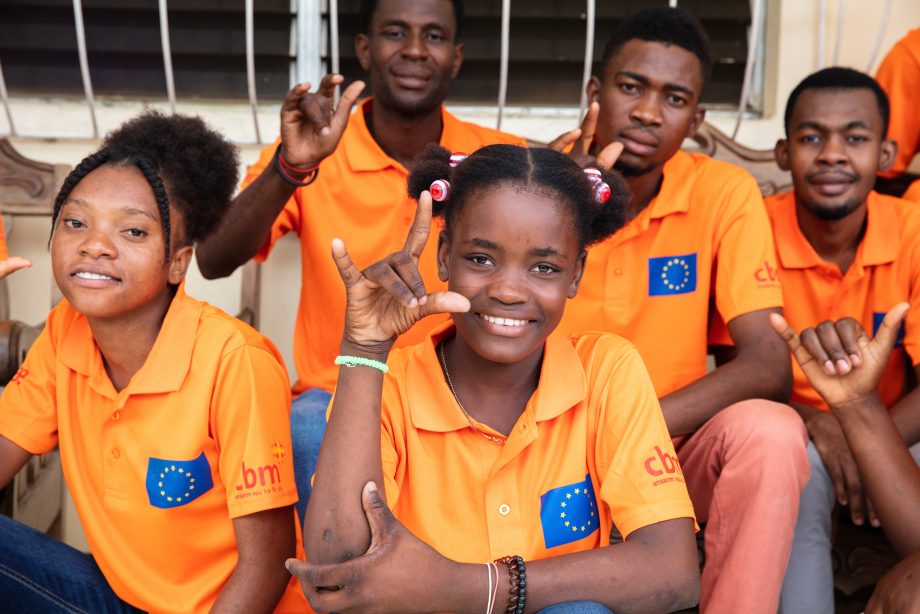UN Convention on the Rights of the Child (CRC)
The UN Convention on the Rights of the Child was adopted in 1989. The right of children to participate and to be heard is mentioned several times in the Convention.
In Article 12 of the CRC, States Parties (i.e. countries who have ratified the convention) are urged to ensure that children can express their views freely in all matters affecting them and that due weight is given to a child’s view, in accordance with their age and maturity. The Convention underlines the right of children to freedom of expression, including the right to access information in various and appropriate formats of their choice (article 13).
The CRC committee, which is an expert body comparable to the CRPD committee, has elaborated on the right of children to be heard in its General Comment N° 12.
- The Committee emphasises that Article 12 of the CRC leaves no discretion to the ratifying states: children's right to be heard must be respected.
- Children have the right to form and express their views. They also have the right not to exercise this right. It’s their choice whether they want to speak up, not an obligation.
- There is no age limit. Children of any age have the right to be heard in all matters affecting them.
- Children must be informed about the facts of the matter they are expected to express their views on, about different options, and the consequences of a decision before their hearing. They must be informed of the environment and conditions under which they will be heard.
- Just listening to the child is not sufficient. The views of the child must be given due weight, in accordance with age and maturity.
- The CRC Committee gives recommendations for the implementation of the right of children to be heard under various circumstances, e.g. in their families, in education, health, in situations of violence, the development of prevention strategies, in emergency situations etc.

The CRC also includes an article on children with disabilities. Article 23 strongly states that children with disabilities have the right to participate actively in the community, which requires access to education, health, recreation opportunities, preparation for employment etc. as a precondition for social integration and individual development. The wording of Article 23 CRC, as the convention on the rights of the child was adopted long before the introduction of the Convention on the Rights of Persons with Disabilities (CRPD) is not fully oriented towards the human rights model of the CRPD, but remains relevant.
In 2006, the year of the adoption of the CRPD, the CRC Committee published its General Comment N° 9 on the rights of children with disabilities. Regarding the right of children with disabilities to participate, it states:
- that ‘children should be represented in various bodies such as parliament, committees and other forums where they may voice views and participate in the making of decisions that affect them as children in general and as children with disabilities specifically’ and that children should be allowed to choose the mode of communication they need to express their views;
- that the participation of children with disabilities in events should not be limited to activities specifically designed for and targeted at children with disabilities. Such separate settings contribute to the isolation and exclusion of children with disabilities;
- that parents and families of children with disabilities and professionals should receive training in order to understand how to promote and respect the evolving capacities of children to ‘take increasing responsibilities for decision-making in their own lives';
- that access to information, including information regarding their disability, is key for the realisation of their right to participate fully in society. It also enables children with disabilities to make informed decisions on their own care;
- that accessibility, including of buildings, information, communication and transportation, is a pre-condition for the participation of children with disabilities.
References
- UN Convention on the Rights of the Child (full text)